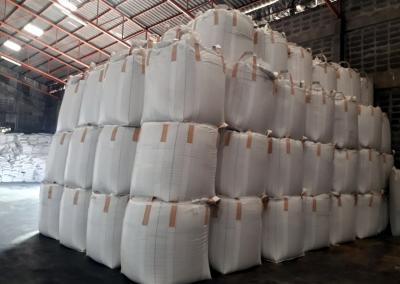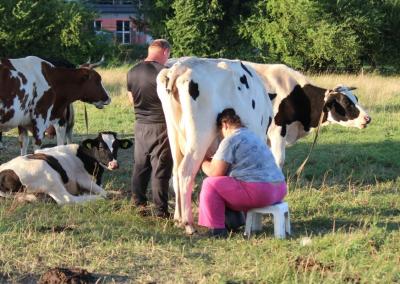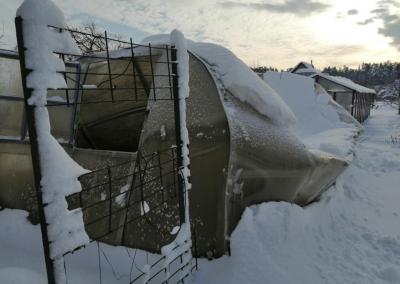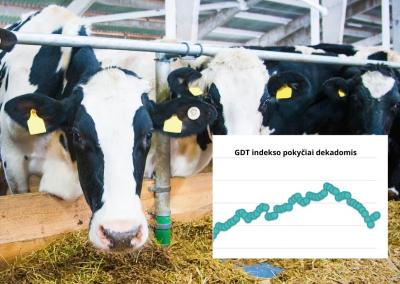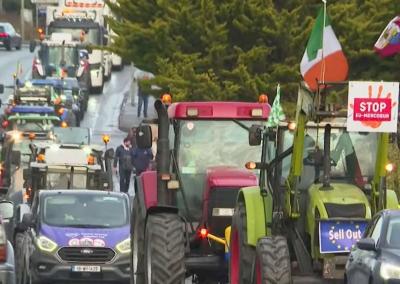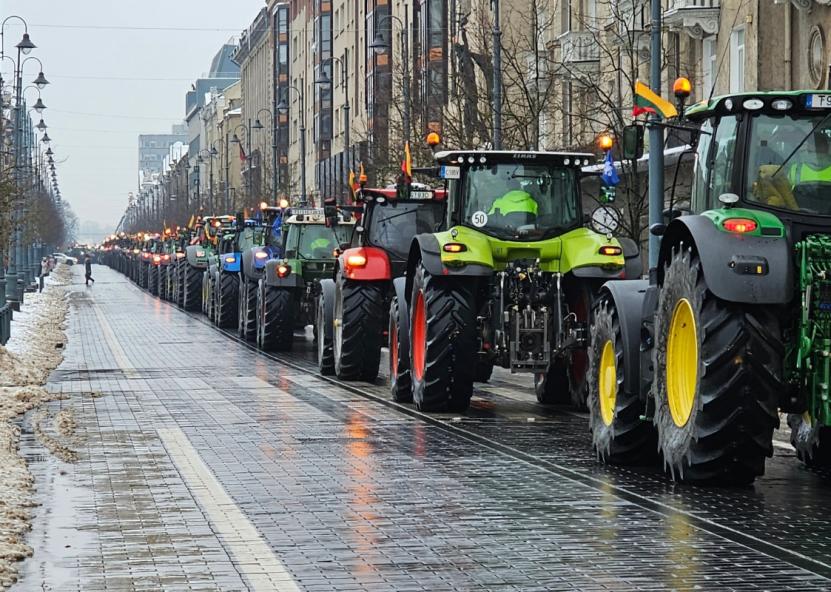Court: Vilnius authorities illegally banned farmers from taking trailers to protests
The Vilnius authorities illegally prevented farmers from using tractors and trailers to attend a protest against the management of the forest in early March, a court has ruled. According to the municipality, the trailers could also have been used to bring manure and slurry into the city centre, although the farmers denied this. However, the protest planned for 14 March did not take place in the end.
On 21 March, the Lithuanian Supreme Administrative Court (LVAT) finally annulled the municipality's order to the Tel&scaronai District Farmers' Union to ensure that the tractors arriving at the protest would be without trailers. The Court dismissed the municipality's appeal and upheld the decision of the Regional Administrative Court of 14 March.
„The Court of First Instance's finding that the contested part of the order partially restricted the freedom of assembly, as ruled by the Supreme Administrative Court, is justified.
The dispute arose from a protest planned by farmers outside the Ministry of Agriculture. They promised to ask the ministry to change the description of the environmental requirements for manure and slurry management: to change the prohibited times for fertilisation and not to require the preparation of a manure management plan.
Farmers informed the municipality in early March that they were organising a protest on 14 March, where they would arrive in tractors with trailers. At least 10 pieces of equipment and at least 100 participants were planned.
The municipality granted permission for the action, but specified that the tractors should be without trailers, semi-trailers, other agricultural or mišc farm machinery, which were needed to bring and pour manure, slurry or other materials.
At the time, farmers argued that larger posters could be put on trailers and semi-trailers to make the public and the authorities more aware of the protest and their problems. They explained that the municipality had unjustifiably restricted their right to choose the form of protest.
According to the municipality, on 13 March the farmers were informed by the municipality that the protest would not take place, thus rendering the farmers' complaint meaningless.
However, the Supreme Administrative Court stated that the examination of the complaint in principle was and is necessary to ensure the standards of good public administration and the right to an effective legal remedy.


